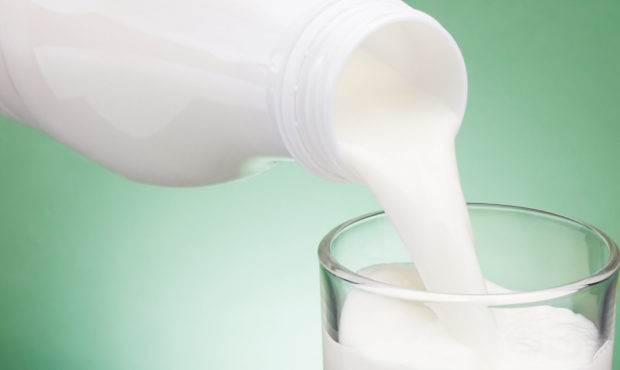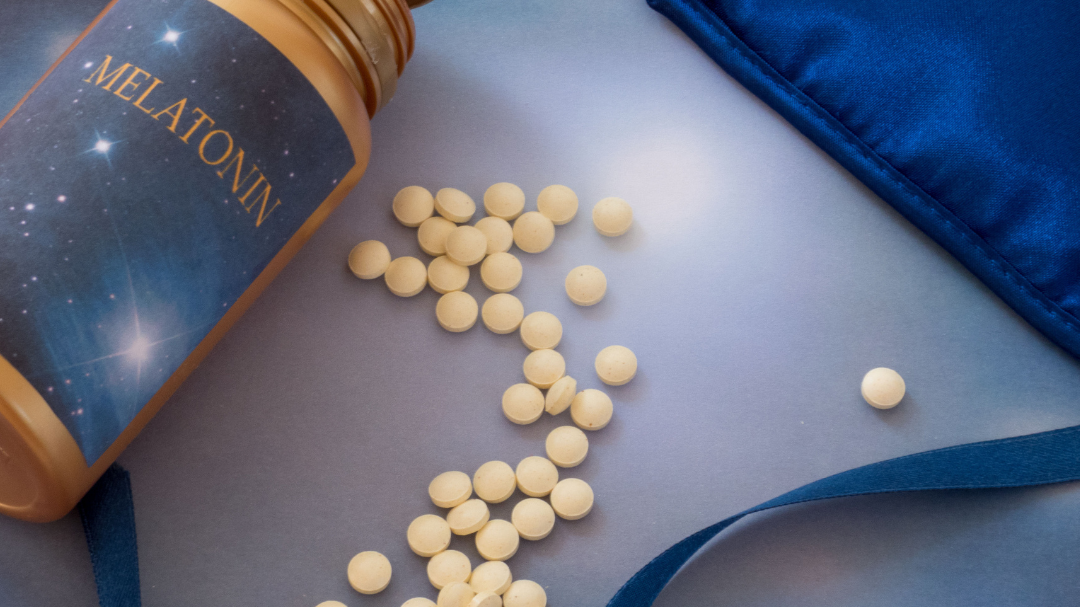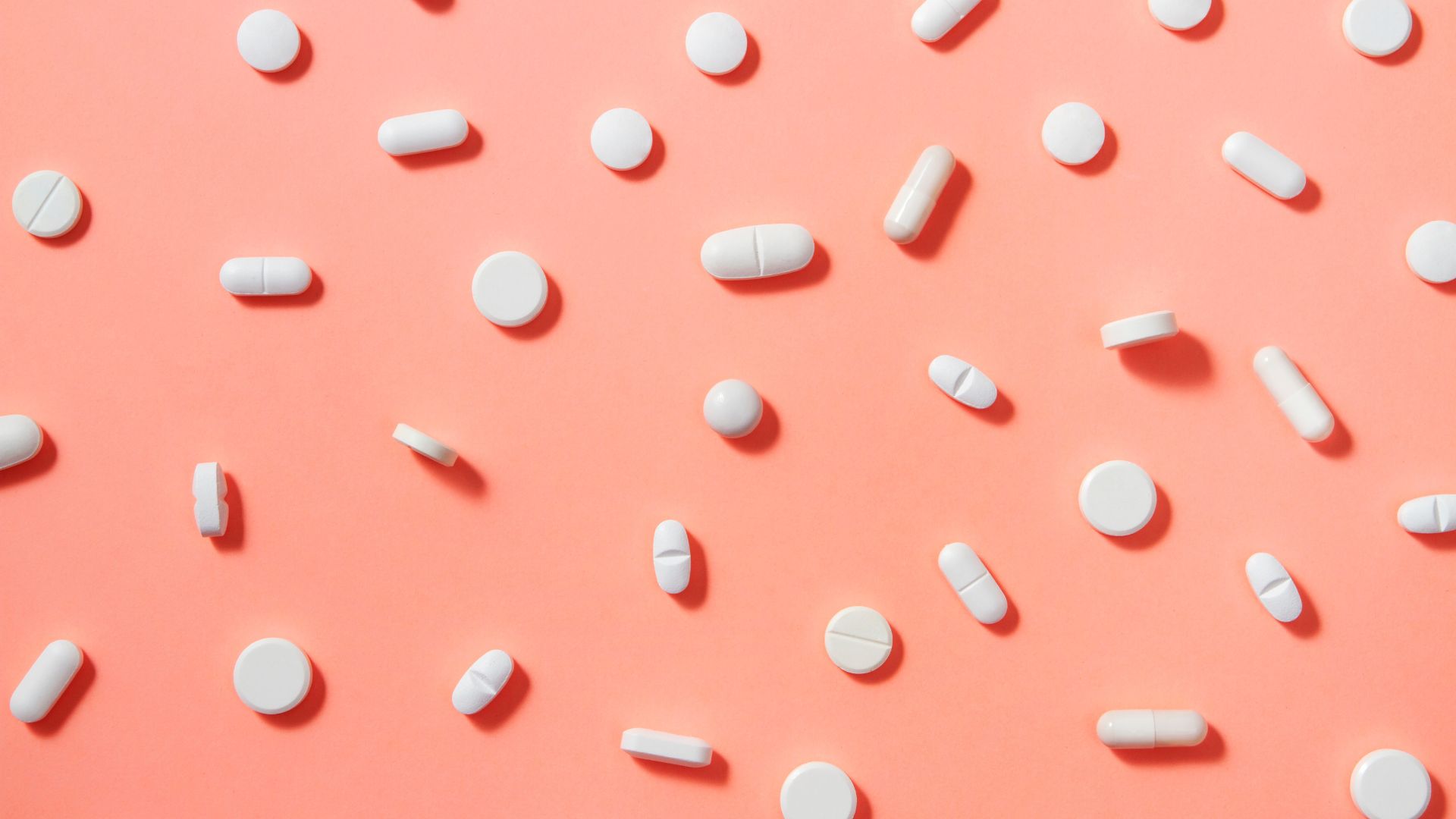BYU Study: Drinking High-Fat Milk Connected With Biological Aging
Jan 16, 2020, 12:34 PM | Updated: 1:35 pm

According to arcane rules, senators' beverage choices during the impeachment trial are limited to milk or water only. Photo: Getty Images
Got milk? And wrinkles? A new study from BYU found consumption of high-fat milk is correlated with biological aging.
“The more milk fat adults consumed, the shorter the telomeres were. In other words, the more biological aging they had,” said BYU Professor Larry Tucker, who did the research.
Dr. Tucker said, for example, drinking 2% instead of 1% milk made telomeres 69 base pairs shorter. That translates into more than four years in additional biological aging.
“One of my areas of interest is looking at how lifestyle factors, in this particular case milk consumption, relate to that biological aging. In this particular study, it was strongly related,” he said.

BYU researchers say the results apply to adults who consume milk, not babies, toddlers or children. Photo: Jaren Wilkey, BYU Photo
Those who consume whole milk are usually ingesting 3.5% milk fat. The U.S. dietary guidelines suggest cutting out high-fat milk and replacing it with low-fat or skim milk.
Dr. Tucker points out there is a lot of conflicting research surrounding the nutrition value of whole milk. His research took a different approach.
“What made this study quite unique, is that there were almost 6,000 individuals. Not say, 60. And those individuals were randomly selected from the US population. So the results are generalizable to the adult population of the United States,” he said.
Long story short, reducing your intake of high-fat could increase your aging, but it’s not an absolute.
“This study is not saying that high-fat milk causes you to have shorter telomeres, but it definitely shows a strong relationship. We controlled for numerous factors, but no study can control for everything,” he said.
Tucker notes that this research only applies to adults over age 20. Babies, toddlers and children are given different dietary recommendations.













